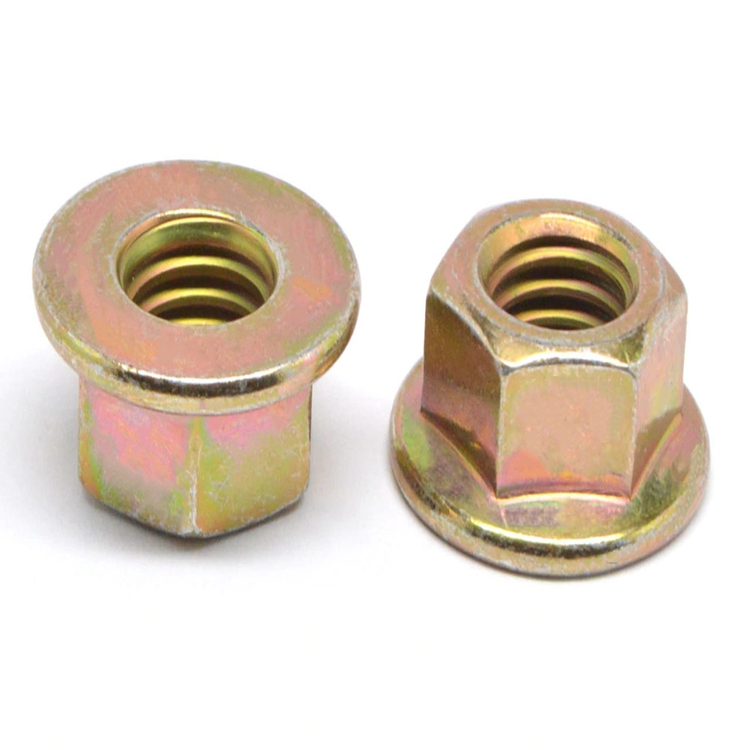din 939 stud bolt manufacturers
Nov . 11, 2024 23:09 Back to list
din 939 stud bolt manufacturers
Understanding DIN 2393 Stud Bolt Manufacturers
DIN 2393 is a significant standard in the manufacturing of stud bolts, primarily used in various industrial applications where secure fastening is crucial. Stud bolts are an essential component in numerous sectors, including construction, automotive, aerospace, and energy. As industries evolve, the demand for high-quality manufactured stud bolts that meet stringent standards like DIN 2393 continues to grow.
What is DIN 2393?
DIN 2393 is a German standard that specifies the dimensions, mechanical properties, and testing methods for stud bolts made from various materials. These standards ensure that the products delivered to the end-users possess the expected quality, strength, and durability necessary for their intended applications. Manufacturers that adhere to DIN 2393 produce stud bolts that are reliable and consistent, reducing the risks of failure in critical applications.
Stud bolts defined by DIN 2393 are characterized by having threads along their entire length, enabling them to be inserted into pre-tapped holes or secured with nuts from both ends. This dual-threaded structure allows for superior load-bearing capabilities, making them ideal for high-stress environments where reliable performance is paramount.
Importance of Quality Manufacturing
Choosing a reputable DIN 2393 stud bolt manufacturer is essential for several reasons. Firstly, the quality of the raw materials used directly influences the performance of the final product. High-quality steel alloys, for instance, can enhance the tensile strength and corrosion resistance of stud bolts. Manufacturers that prioritize material quality are better positioned to produce long-lasting products that meet the rigorous demands of various industries.
din 939 stud bolt manufacturers

Secondly, advanced manufacturing processes are crucial in ensuring that stud bolts meet the required specifications outlined in the DIN 2393 standard. Techniques such as hot forging, precision machining, and surface treatment play a vital role in determining the dimensional accuracy, surface finish, and overall quality of the stud bolts. Manufacturers that invest in state-of-the-art equipment and technology tend to produce superior products with fewer defects.
The Role of Testing and Certification
Another critical aspect of DIN 2393 stud bolt manufacturing is the rigorous testing and certification procedures involved. Reputable manufacturers implement strict quality control measures to ensure that their products meet the required mechanical properties, such as yield strength, tensile strength, and ductility. Testing might include methods like tensile testing, hardness testing, and fatigue testing, which are essential for verifying the performance characteristics of the stud bolts.
Manufacturers often obtain third-party certifications to further assure customers of their compliance with international and industry standards. Certifications provide customers with confidence in the quality of the products, ensuring that they can rely on the stud bolts in critical applications. It also aids in regulatory compliance, as many industries mandate adherence to specific standards to guarantee safety and reliability.
Conclusion
In conclusion, DIN 2393 stud bolt manufacturers play a crucial role in the supply chain of various industries. The adherence to established standards like DIN 2393 is vital for ensuring that stud bolts can perform effectively under demanding conditions. Quality manufacturing processes, the use of high-grade materials, and comprehensive testing are fundamental aspects that distinguish leading manufacturers in this competitive landscape.
As global industries continue to grow and evolve, the need for reliable fasteners such as DIN 2393 stud bolts will remain constant. Choosing a manufacturer that upholds high standards ensures that businesses can maintain the integrity and safety of their operations. For companies seeking stud bolts for their applications, understanding the importance of certification, quality materials, and innovative manufacturing processes can make a significant difference in achieving long-term success.
Latest news
-
High-Quality Panel Stud Bolt Reliable Panel Stud Bolt Factory & Suppliers
NewsJul.08,2025
-
High-Precision Fine Thread Locknuts Manufacturer & Supplier Custom Solutions
NewsJul.08,2025
-
PH Imperial Stud Bolt – High Strength Fasteners from Leading Supplier & Factory
NewsJul.07,2025
-
High-Quality Allen Wrench Bolts Leading Factory, Company & Suppliers
NewsJul.07,2025
-
Wholesale Ball Stud Bolt - High Quality Supplier & Factory Price Reliable Wholesale Ball Stud Bolt Company
NewsJul.06,2025
-
High-Strength Alloy Bolts Manufacturer & Supplier Quality Alloy Fasteners Factory
NewsJul.06,2025
